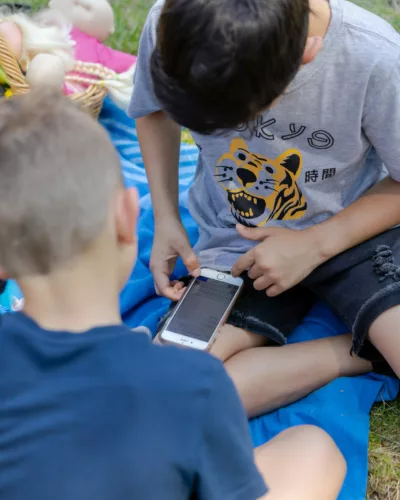
We can value children with Child and Youth Impact Assessment Tools #
Adults frequently make decisions and enact laws that affect children and youth, yet often without considering their perspectives or hearing their voices. The Child and Youth Impact Assessment Tool (CYIAT) offers a voluntary process for governments and organisations to evaluate the potential impacts of proposed laws or policies on the rights and wellbeing of children and young people with the outcomes benefiting the entire community.
CCYP Child Impact Assessment Guideline Australian Human Rights Commission Child Rights Impact Assessment tool

Engaging children through the process. #
Involving children in the process through methods like focus groups, surveys, and events is crucial. Advocates, service providers, councils, research bodies, and government agencies are encouraged to utilize the tool.

What is a Child and Youth Impact Assessment Tool (CYIAT)? #
CYIATs are similar to environmental impact assessments in that they provide a step-by-step process for policymakers to systematically consider the effects of a proposed policy on children and young people and to incorporate the results into their decision-making.
This mechanism could be adopted by every cabinet, council meeting and board room across the country, where every decision and legislation consider the impact on children and young people, similar to an environmental impact assessment.

Guiding Principles of Child and Youth Impact Assessment Tool #
Our Child and Youth Impact Assessment Tool is guided by key principles that align with the rights, safety, and well-being of children and young people:
Rights of the Child Upholding the rights of children and young people to be heard and participate in decisions that affect them, as outlined in the United Nations Convention on the Rights of the Child (UNCRC).
Child Safe Organisations Ensuring that children and young people have the right to safety and respect in all settings, in line with National Principles for Child Safe Organisations.
Empowering Participation Providing children and young people opportunities to actively participate and share their insights in decision-making processes.
Best Interests Evaluating how a proposal positively or negatively impacts the rights, safety, development, and well-being of individuals under 18 years of age, both in the short and long term.
Equity and Diversity Recognising potential differential impacts on specific groups of children and young people, considering factors such as age, ability, gender, location, cultural background, and vulnerability.

Applying Child and Youth Impact Assessment Tool #
The Child and Youth Impact Assessment Tool involves several stages
Initial Screening: Determining whether a proposal warrants a full assessment based on its potential impact on children and young people.
Assessment: Evaluating the direct and indirect impacts, considering potential disproportionately affected groups, scale of impact, best interests, and strategies for mitigating negative impacts.
Comprehensive Evaluation: Conducting in-depth research, consulting children, young people, and stakeholders, and utilising the Child and Youth Impact Assessment Tool template.

